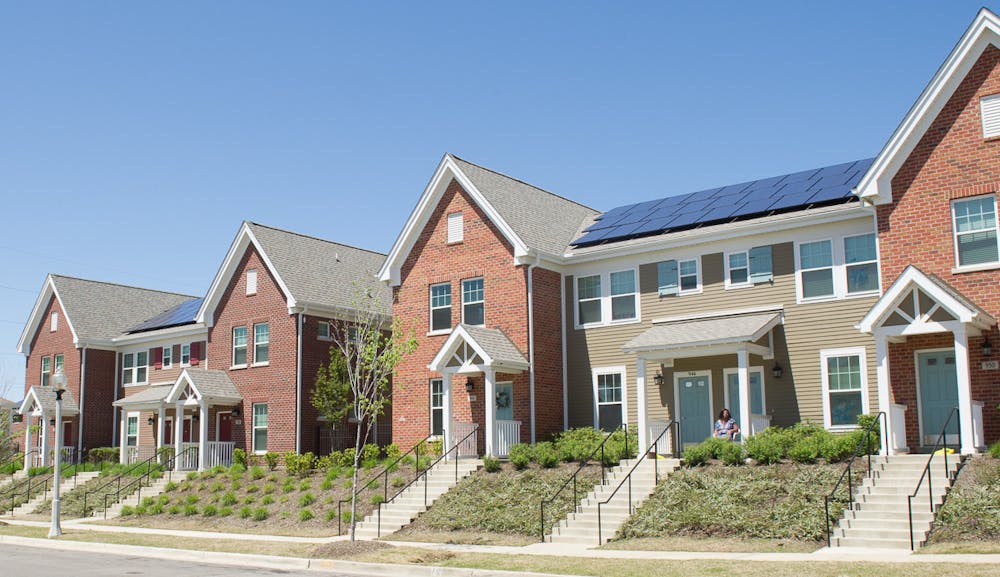By Shaim Akhtar
Staff Writer
New Jersey Gov. Phil Murphy recently passed new legislation that would modify the regulations governing housing construction in order to improve affordable housing in the state.
The legislation endeavors to generate 200,000 units of affordable housing by assisting municipalities in meeting a constitutional requirement to offer an equitable portion of homes that low and moderate income families can afford, according to North Jersey News.
Additionally, the new affordable housing plan aims to incentivize municipalities by providing housing tax credits. These credits would encourage the refurbishment of existing affordable units, as well as other housing initiatives, such as special needs and low-income housing, age-restricted units and housing located near transit.
New Jersey will start to enforce the policy after a compliance period in 2026, in which the Department of Community Affairs will release non-binding calculations of municipalities' current and future requirements for affordable housing, based on a formula derived from prior court rulings.
Upon signing the bill, Murphy stated, “By establishing new processes and practices for towns to meet their Mount Laurel affordable housing obligations, we are able to more quickly and efficiently allocate funding to municipalities and support those building affordable housing in our state.”
In policy disputes, the state’s judiciary would address municipalities' concerns regarding obligations for affordable housing and their plans to fulfill these obligations. The disputes would be fast-tracked by a new dispute resolution program, which would designate the Department of Community Affairs as the arbitrator instead of the state courts, according to the New Jersey Monitor.
Already, the legislation is encountering challenges highlighted by specific municipalities like Millburn and Englewood Cliffs, which withdrew from plans to construct affordable housing rental units due to concerns, such as a lack of confidence in the safety of the proposed development sites in former affordable housing plans.
The state is presently contesting these withdrawals from municipalities in court by imposing sanctions on towns that seek to evade their housing development authority, thereby limiting the autonomy of non-compliant towns and enabling the state to enforce the plan.
New Jersey’s new affordable housing plan has prompted numerous political and local leaders to voice their reaction to the legislation.
Regarding the bill’s imminent financial burdens facing towns due to developer withdrawals, New Jersey Republican State Sen. Anthony Bucco remarked, “If a town zones for 100% affordable units, and a developer does not come forward to build the project, the town has to put up its bonding capacity so that the project can be built. Then what does that do for infrastructure projects and other things that the town would need to have that financing available for?”
Conversely, New Jersey Democratic State Sen. Troy Singleton stated, “We face a somewhat perfect storm of low housing inventory and escalating pricing, which leaves thousands of working families all across our state with no viable options. Without securing the most basic human needs — a place to live — the other policies we pass cannot be as effective.”
While there is still a long way before the new legislation goes into effect, there is no doubt that the bill will have a significant impact on the future of affordable housing in New Jersey.







